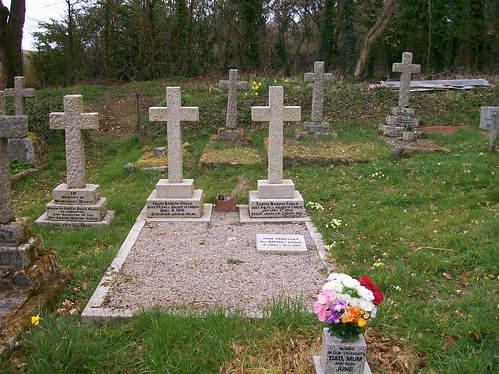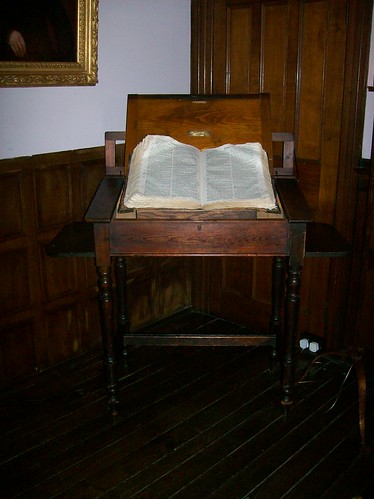The Book of Were-Wolves By Sabine Baring-Gould was originally published in 1865, is the original source book for all werewolf books and movies. Read this and you will know where everybody gets there ‘latest’ plot line from. It is probably the most often cited book on Lycanthropy.
The Reverend Sabine Baring-Gould (28 January 1834 – 2 January 1924) was an English hagiographer (the study of Saints) antiquarian, novelist and eclectic scholar. His bibliography lists more than 1240 separate publications, this list continues to grow. His family home, Lew Trenchard Manor near Okehampton, Devon, has been preserved as he restyled it. Lew Trenchard Manor is now a hotel and restaurant. He is remembered particularly as a writer of hymns, the best-known being “Onward, Christian Soldiers” and “Now the Day Is Over”. Over the road from the family home is the church where Baring-Gould delivered his sermons and the churchyard is the last resting place for his mortal remains.
He also translated the carol “Gabriel’s Message” from Basque to English. He habitually wrote standing up, and his desk can be seen in the manor (see the image below).
During the nineteenth century, when belief in werewolves in many communities in Europe was fairly common place; Baring-Gould used his first hand experience of his own visit to a rural village in Italy, where local inhabitants warn him not to venture out alone after sunset (sounds like the plot of a Hammer horror movie from the 1970’s). Stories, myths and legends are documented in the book from all over the world, each having the same peculiar references to the phenomenon of ‘Shape-shifting”.
For more information on Sabine Baring-Gould follow the link. Sabine Baring-Gould (2010, August 1). In Wikipedia, The Free Encyclopedia. Retrieved 08:40, August 8, 2010, from http://en.wikipedia.org/w/index.php?title=Sabine_Baring-Gould&oldid=376515664

